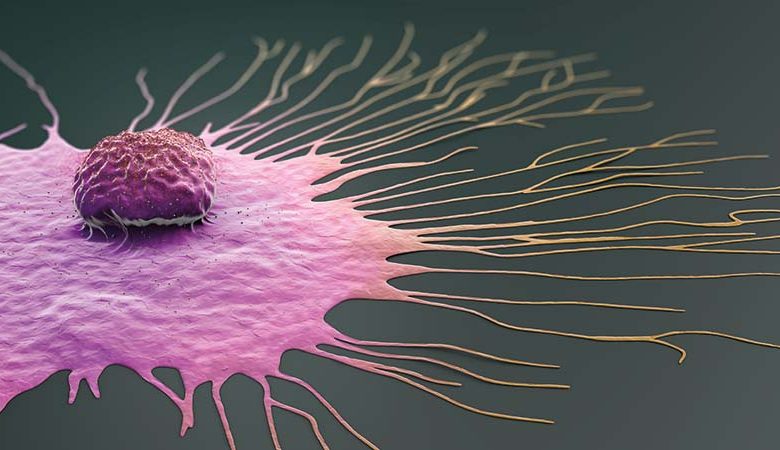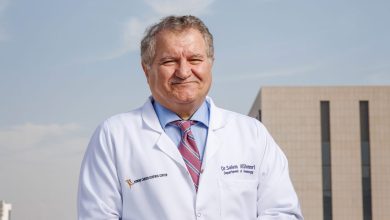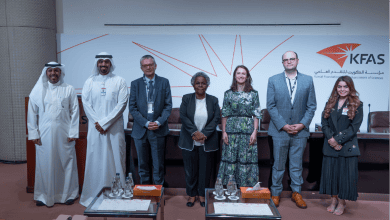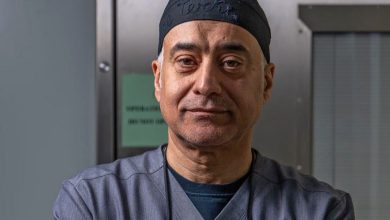Breast Cancer and Genomic Research Conference Showcases Advancements in Cancer Detection, Prevention, and Treatment

Last October, Kuwaiti Dr. Fahd Al-Mulla attended an international conference on breast cancer and genomic research from the comfort of his office in Kuwait City. The virtual event was organized by the Kuwait Society for Oncology and received support from the Kuwait Foundation for the Advancement of Sciences (KFAS). According to Al-Mulla, “it was a real success.”
Al-Mulla is Chief Science Officer at Dasman Diabetes Institute, one of KFAS’ centers, and a professor of molecular pathology and genomic medicine at Kuwait University. He says he values events like last year’s virtual conference because they provide opportunities to network with other researchers and learn about advancements in cancer research around the world.
As a presenter at the conference, Al-Mulla shared his research on personalized or precision medicine, which is a field of medicine that focuses on optimizing treatment for particular groups of patients using genetic or molecular profiling. Specifically, he spoke about his research into gene mutations that serve as markers for familial breast cancer. Once scientists identify these mutations, doctors can look for them in patients to determine their cancer risk and offer more effective preventative care. Doctors can also use genetic markers to gauge which cancer cases are likely to become severe and which will be more easily treatable, allowing them to tailor treatment to each patient’s needs.
While many nations search for two specific gene mutations — the BRCA 1 and BRCA 2 mutations — to determine a patient’s risk of developing breast cancer, Al-Mulla says that these mutations are only common in familial cancer patients in “the West.” These testing standards do not serve the Kuwaiti population. “It is other genes that are playing a part in inducing familial breast cancer or ovarian cancer in our population,” he says. Al-Mulla looks for these other gene mutations with the goal of developing more useful testing standards for Kuwait and the surrounding region.
These and other topics discussed at the conference last October have the potential to save many lives. With this in mind, Al-Mulla says that he hopes conferences like these will become more frequent in the future and attract even more participants from abroad. Conferences are vital to making progress in the field “because they bring researchers together,” he says. “As a scientist, you cannot move forward without collaborating.”
By Marianne Dhenin




